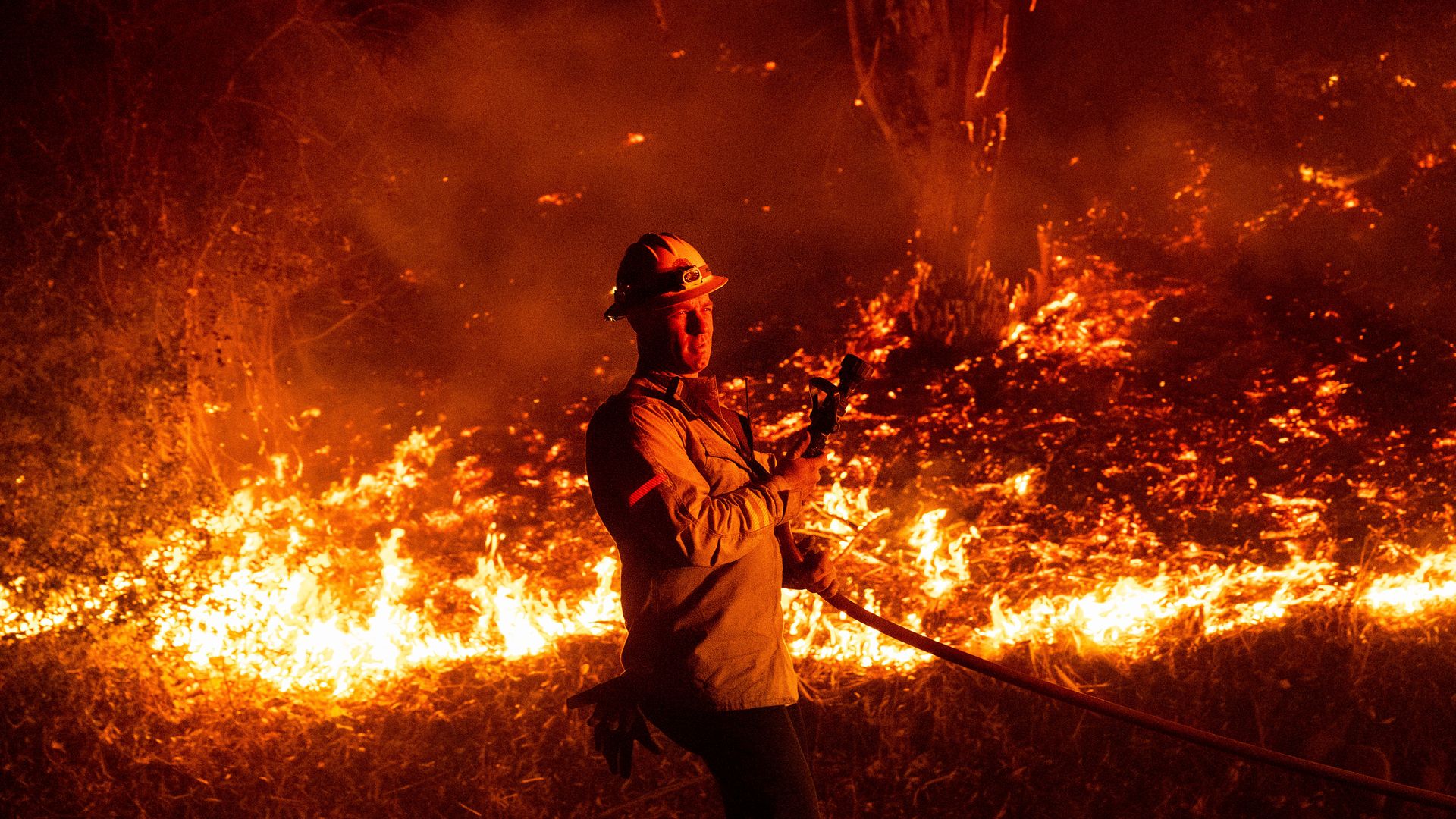
The BDN Opinion section operates independently and does not set news policies or contribute to reporting or editing articles elsewhere in the newspaper or on bangordailynews.com.
To reach a suicide prevention hotline, call or text 988 or chat at 988lifeline.org.
Molly O’Shea is a pediatrician in Michigan. This column was distributed by Tribune News Service.
“How many kids do you have?”
Even five years later, that seemingly simple question stirs a panic inside me and brings tears to my eyes.
On Jan. 18, 2019, my world changed forever when my 17-year-old son died by suicide. His death was a shock but not a complete surprise since he had been struggling with depression for so long despite treatment.
As a pediatrician, I had experienced death in childhood more times than I care to think about. I had been in homes with families as their children died after a prolonged illness, in hospitals when children had been brought in following car crashes, SIDS, gunshot wounds or drownings. I had even been with parents whose children had died at the hands of a child abuser. But nothing prepared me for the death of my own child.
This year alone about 43,000 children (about twice the number of people attending a sold-out game at Madison Square Garden) will die, according to the Centers for Disease Control and Prevention. The experience of losing a child is not rare, and yet many pediatricians are not fully prepared to help parents manage the long haul of grief that accompanies the loss.
The American Academy of Pediatrics recognized the need for more guidance for pediatricians and outlined more concrete ways we can support parents and siblings of children who have died. In a new clinical report, “Supporting Families After the Death of a Child or Adolescent,” the academy recognizes that grief is complex and long lasting for parents of child loss.
Giving pediatricians resources for families is a start, but this report also encourages pediatricians and others in the medical field to talk about the lost child, and the effect of the loss on the parent and siblings. Encouraging all feelings — anger, sadness, guilt and relief among others — is essential to creating a safe space for parents to grieve.
This holds true beyond the clinic walls, too. As we all encounter more friends, colleagues and families who have lost children to gun violence, suicide, fentanyl overdoses or other deaths, we all can offer support to families who are grieving these losses. My No. 1 advice, as both a parent and a pediatrician, is to talk about the lost child.
It is tempting to think that by not mentioning the child we spare the parent pain. Actually, the opposite is true. Most parents who have lost children are thinking about their child every day, in some ways more than they might have if they were still alive. When you ask a grieving parent about their child or about how they are doing, you allow them the freedom to share a moment of normalcy with you.
Parents usually get to talk about their children all the time. Once a child dies that opportunity dies with them, but for the parent, the thoughts and longing for that child continue. Having a chance to share a moment of normalcy talking about their child, even when it is veiled in tears, is a gift.
You do not have to say anything more than, How are you remembering your child this holiday season? What has made this holiday season easier or harder since your child died? And then sit back and listen. If you knew the child, share a memory. If not, lend an ear.
Grief will accompany me every day of my life because I grieve not only the loss of my son but the loss of our shared future, the loss of what his future might have been, and the loss of my future as a mother of a grown man. With the support of friends and my pediatrician, my grief remains. But I keep growing, loving and finding new joy, so my grief doesn’t feel so big every day.











